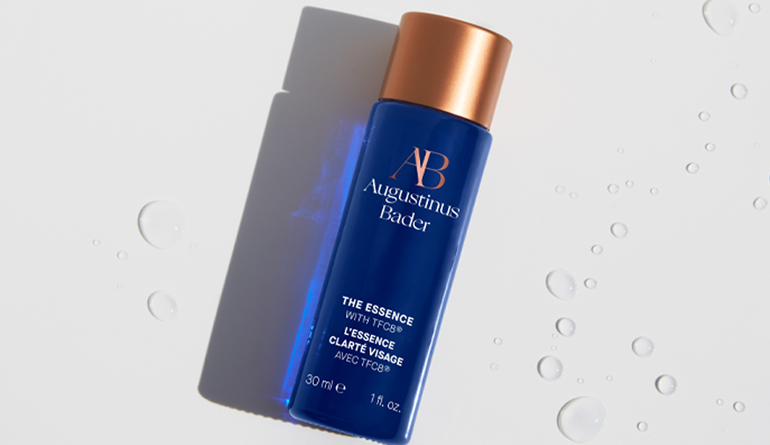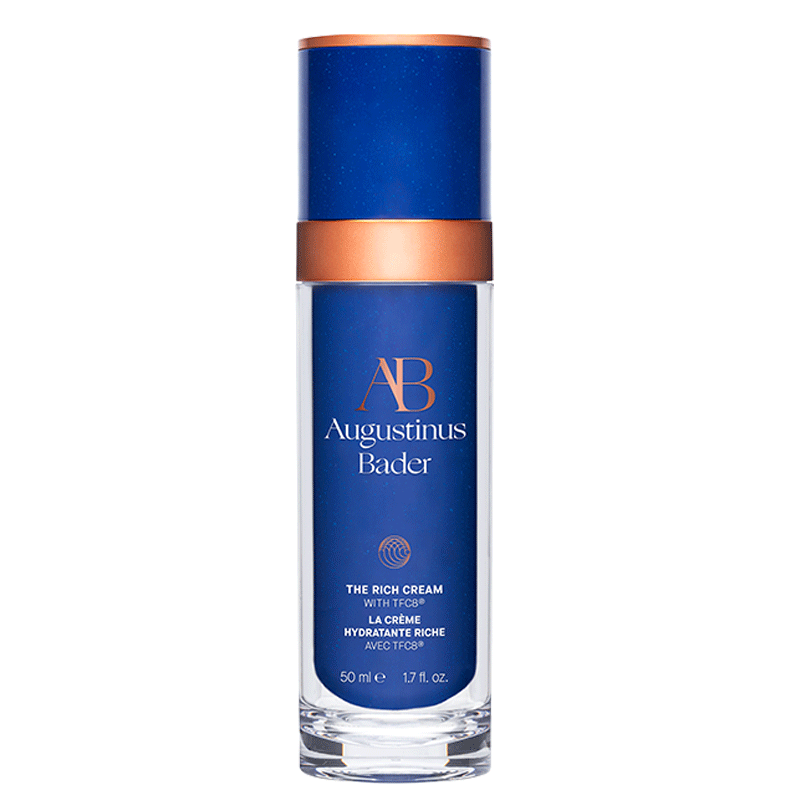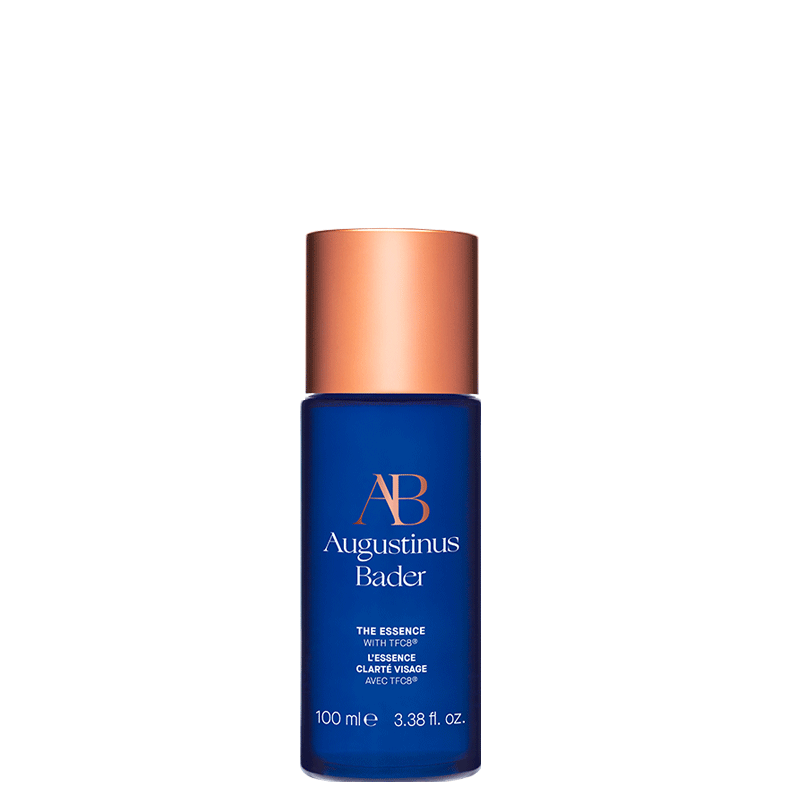Keeping up with the countless skincare ingredients on the market can be daunting, especially when faced with ingredient labels where you need help deciding what to look for. One ingredient that might be unfamiliar is phytic acid, which has numerous skin benefits. That said, we recommend caution when incorporating phytic acid into your diet.
Despite the abundance of conflicting information on blogs and websites, we are here to help you stay informed about the uses and advantages of phytic acid in skincare.
In this article, we'll provide everything you need to know about phytic acid in skincare. By the end, you'll have the information to decide whether incorporating phytic acid into your daily skincare routine is right for you.
Here's everything you need to know about phytic acid in skincare:
What is Phytic Acid?
Phytic acid is an alpha-hydroxy acid (AHA) with antioxidant and exfoliating properties derived from grains, seeds, legumes, and nuts. It is a safe and effective ingredient for skin care, particularly for its soothing, exfoliating, and antioxidant qualities.
Unlike other AHAs, phytic acid functions more as an antioxidant than an exfoliant, making it a perfect option for those with acne or sensitive skin who regularly exfoliate.
While phytic acid is an excellent ingredient for skincare, limiting its consumption in foods is essential. Phytic acid, as an antinutrient, can interfere with absorbing crucial minerals like calcium, iron, and zinc, as humans lack the enzymes to break it down in the gut. When it passes through the system, it binds to minerals, making it more difficult for the body to absorb them.
However, there's no need to worry about the term antinutrient when it comes to topical application. Phytic acid provides numerous skin benefits, making it a valuable addition to your skincare routine. So, don't be afraid to add it to your routine and enjoy the benefits it provides to your skin.
What are the Benefits of Phytic Acid in Skincare?


While phytic acid may not offer any nutritional value during ingestion, it can still benefit your skin in numerous ways. This gentle acid possesses exfoliating, antioxidant, and soothing properties, which can help you attain a radiant complexion and improve the texture of your skin's surface.
Here are some of the phytic acid benefits to keep in mind:
Soothes Acne
Since phytic acid acts as a gentle exfoliant, it helps to control acne and eliminate imperfections on the skin's surface. When looking for ingredients with phytic acid, be mindful of the concentrations. The more phytic acid present, the more enhanced the exfoliant capabilities will be on your skin. It's best to keep between 0.5% and 5%. Phytic acid for skin can also help reduce the appearance of pores and relieve clogged pores.
Eliminate Imperfections
Phytic acid for skin is a versatile ingredient that can help reduce the appearance of various skin concerns, such as stretch marks, wrinkles, dark spots, and scars. Its mild exfoliating properties make it a popular addition to chemical-based exfoliants and chemical peels designed to target these issues.
Neutralize Free Radicals
Free radicals are unstable molecules that result from environmental stressors, smoking, UV rays, and other factors, making them challenging to prevent. Incorporating antioxidants into your skincare routine is crucial to counteract the damaging effects of free radicals.
Phytic acid in skincare contains antioxidants that provide an electron to the free radical, stabilizing it on the skin's surface, resulting in visibly healthier-looking skin.
Without the benefits of antioxidant-rich skincare, free radicals can lead to oxidative stress, causing premature aging signs like wrinkles, fine lines, and sagging skin. Therefore, using products that contain antioxidants, such as phytic acid, is essential to keep your skin youthful and radiant.
Brightens Complexion
Phytic acid is a popular ingredient that reduces pigmentation and regulates melanin levels. Its antioxidant properties are helpful for skin conditions like melasma, as it can help you achieve a brighter and more even complexion.
Stimulate Collagen Production
Studies suggest that phytic acid in skincare can help stimulate collagen production while buffing away dead skin cells, maintaining a younger appearance, and reducing the visual appearance of wrinkles and fine lines.
Does Not Increase Photosensitivity
Many AHAs aren't safe to wear in the sun as they can increase your risk of UV and photoaging damage. However, phytic acid does not increase photosensitivity, so you can apply it every morning before starting your day.
Which Skin Types Is It Most Suitable for?


While phytic acid is suitable for most skin types, it may be particularly beneficial for those with sensitive or acne-prone skin looking to manage their skincare conditions.
Here's a breakdown:
Sensitive or Dry Skin
If you have sensitive or dry skin, phytic acid can be a great alternative to harsher exfoliants. Since this ingredient is a milder AHA, it won't disrupt your skin barrier or leave behind redness or inflammation. Many exfoliants, like The Essence, are gentle enough to use daily and still deliver results.
Acne-Prone or Oily Skin
If you have acne-prone or oily skin, incorporating phytic acid skin care products into your routine can be beneficial. Using it consistently as part of your daily skincare routine can help shrink and eliminate pores while improving your skin barrier over time. Since phytic acid skin care can also help brighten your complexion, it may also help eliminate any acne scarring or blemishes left behind from breakouts.
Combination Skin
Individuals with combination skin often have excess T-zone oil. While your skin may fluctuate between dry or oily, it can help neutralize the oils and balance the different textures on your skin.
Normal Skin
Normal skin is always relatively balanced. You rarely worry about your skin being too oily or dry, but you can still benefit from using a phytic acid in skincare. This antioxidant-rich ingredient can help brighten your complexion and combat signs of aging, providing you with healthier-looking skin with every use.
How to Use Phytic Acid?
There are numerous ways to incorporate phytic acid into your skincare routine. For starters, it's essential to determine your needs and desired outcomes, choose the appropriate approach to this ingredient, and optimize its benefits.
Consider the following three methods to begin reaping the benefits of phytic acid in your skincare routine:
Chemical Peels
Chemical peels are an excellent additional skincare treatment that individuals can get once a month to reduce the appearance of fine lines and wrinkles. Phytic acid is often the main ingredient for many professional chemical peels or chemical-based exfoliants. If you're interested in getting a chemical peel, we recommend going to a dermatologist or a medical professional for more information.
Exfoliants
Exfoliants help to eliminate buildup on the skin's surface. We recommend exfoliating at least twice weekly to eliminate dead skin cells and soften the skin. A lack of regular exfoliation can lead to clogged pores, irritation, and bacteria buildup.
Serum
Facial serums allow you to take a more targeted approach to your skincare concerns. They are usually applied topically every day before your daily moisturizer, and a serum contains a higher concentration of your chosen ingredient. A phytic acid serum may help with oil control and minimize the appearance of pores.
After applying a serum, we recommend finishing your routine with a daily moisturizer like The Rich Cream. This luxurious daily moisturizer contains high-potency botanicals rich in omega-6 fatty acids and antioxidants to help deeply hydrate and restore the skin.
Experience Augustinus Bader's The Essence


Most exfoliants contain harsh Alpha Hydroxy Acids (AHA) like Glycolic Acid, which may not be suitable for people with skin sensitivities or frequent breakouts, and using them is not recommended daily.
However, our 3-in-1 exfoliant, toner, and hydrating essence, The Essence, is a gentle alternative formulated with phytic acid and other mild hydroxy acids. This lightweight product dissolves impurities, minimizes pore size, and regulates sebum production while providing a refreshing feel.
Our 12-week user trials showed that 92% of participants agreed that their pores looked more refined after using The Essence. With clean and sustainably sourced ingredients, this formula is gentle enough for daily use and helps achieve a balanced, radiant complexion.
Get More From Your Routine with Augustinus Bader
Despite being considered an antinutrient in the nutritional world, phytic acid in skincare can offer several advantages for your skin. It is a milder exfoliant, making it an ideal choice for individuals with sensitive or acne-prone skin.
At Augustinus Bader, we back all our formulations with 30 years of research, clinical trials, and innovation, providing peace of mind when introducing new ingredients to your skincare routine. Our products are formulated with gentle, scientifically supported elements, ensuring you never worry about the components listed on the ingredient label.



